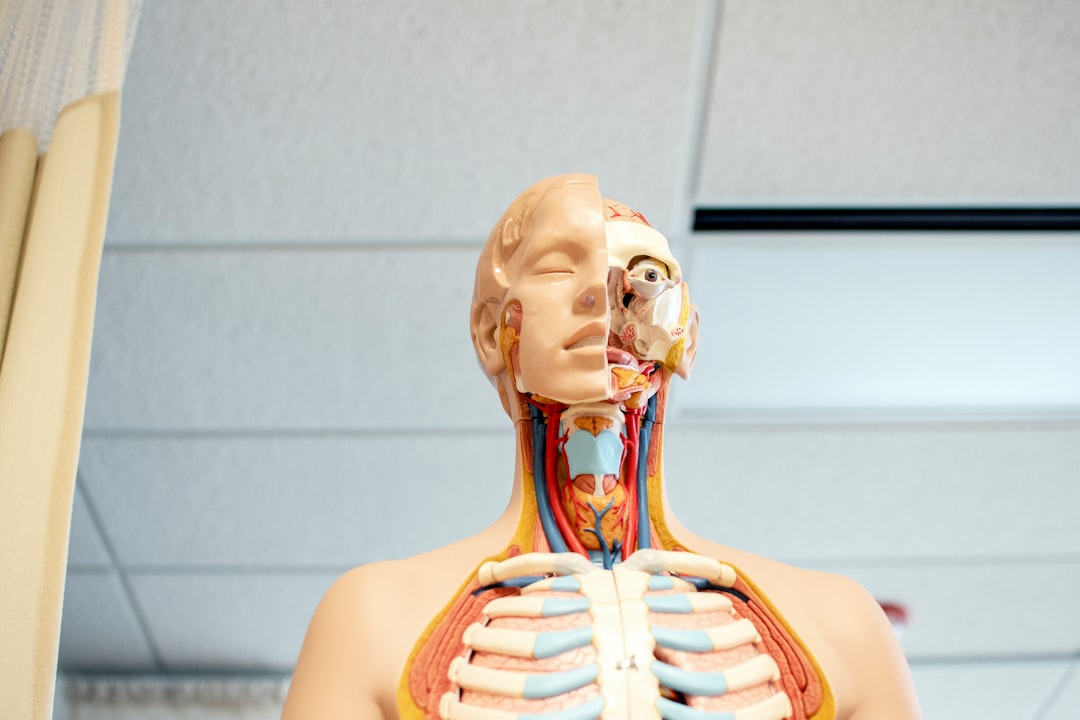Administrators to The Body Shop are drawing up plans to launch a further restructuring process in a bid to salvage a future for one of Britain’s best-known high street brands.
Sky News has learnt that insolvency practitioners at FRP Advisory have outlined proposals to launch a company voluntary arrangement (CVA) that would see The Body Shop entering talks with landlords about rent cuts, as well as other creditors.
According to proposals sent to The Body Shop’s creditors on Friday morning, which lay bare the depths of the financial problems inherited by the investor which bought the company less than four months ago, a CVA would “allow the company to be rescued and exit from administration”.
This would see it continuing to trade under the ownership of Aurelius, the investment firm which took control of it at the start of the year.
“In the event that a CVA cannot be agreed, the joint administrators will proceed with a sale of the business and assets,” FRP said in its report.
A CVA, which would not be expected to result in further store closures, would need the approval of creditors in order to be adopted.
The Body Shop’s collapse into administration in February underlined the decline of a high street stalwart founded by the late Dame Anita Roddick and her husband Gordon almost half a century ago.
Aurelius bought the chain from Natura & Co, a Brazilian company which was reported to have paid more than $1bn to buy it in 2017.
According to the administrators’ report, Aurelius was confronted immediately after taking ownership of the chain with a “short-term cash position [which] was adverse to that that had been forecast, driven by poor results in the 2023 financial year and the unwinding of the company’s working capital”.
“Prior to the sale to the Aurelius Group, stock levels were depleted over the peak Christmas trading period.”
Retail industry sources said this stock depletion had taken place at heavily discounted levels, which resulted in a severe shortfall in revenues.
FRP added that a $76m revolving credit facility had been repaid shortly before the change of ownership, forcing the new owners to seek additional working capital “plus certain exceptional costs that were not foreseen”.
The Body Shop was then notified by its lenders that its banking facilities were being terminated while also imposing other conditions resulting in a significant cash shortfall, the report added.
“These actions ultimately resulted in a substantial unplanned cash outflow from the business….[and] gave rise to a forecast peak funding requirement for the company in excess of £100m, significantly greater than the requirement identified as part of the acquisition process.
“The substantial difference between the anticipated funding requirements and the reality of the company’s position combined with the business’ poor trading performance meant that the shareholders could not commit to the required level of funding.”
Read more from business:
Ex-Spurs owner sentenced for insider trading
Tube strikes called off but rail walkouts go ahead
Vodafone and Three merger in doubt
Since its collapse, close to half of The Body Shop’s 197 UK stores have been shut permanently, with hundreds of jobs also lost at its head office.
“This swift action will help re-energise The Body Shop’s iconic brand and provide it with the best platform to achieve its ambition to be a modern, dynamic beauty brand that is able to return to profitability and compete for the long term,” FRP said in February.
According to FRP’s proposals, unsecured creditors to the company are expected to receive a dividend in due course, although the administrators said they were not yet in a position to estimate the size of it.
Aurelius is understood to have continued financing the business during the administration process.
The Body Shop’s businesses across most of Europe and parts of Asia had already been offloaded to a family office prior to the insolvency of the UK arm.
At the time of the sale to Aurelius, The Body Shop employed about 10,000 people, and operates roughly 3,000 stores in 70 countries.
Although it has struggled for profitable growth for years, it has retained a prominent presence on British high streets.
The Roddicks were prominent champions of environmental causes, a positioning which helped it gain an edge over rival retailers during the 1980s and ’90s.
Its opposition to the animal testing of cosmetics was also unusual in the decades immediately after it was founded.
Its distinctiveness has, however, been diminished in recent years by the emergence of competitors which also put sustainability at the heart of their businesses.
The Body Shop was owned by L’Oreal, the cosmetics giant, prior to its sale to Natura.
